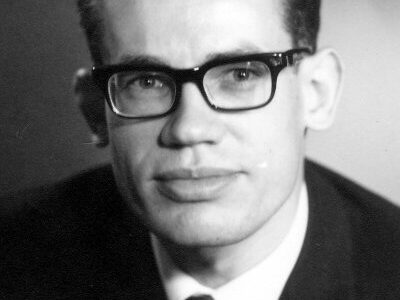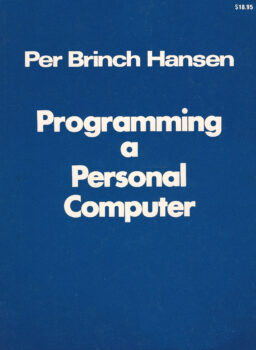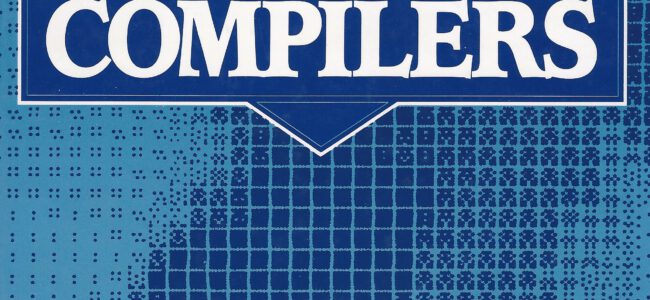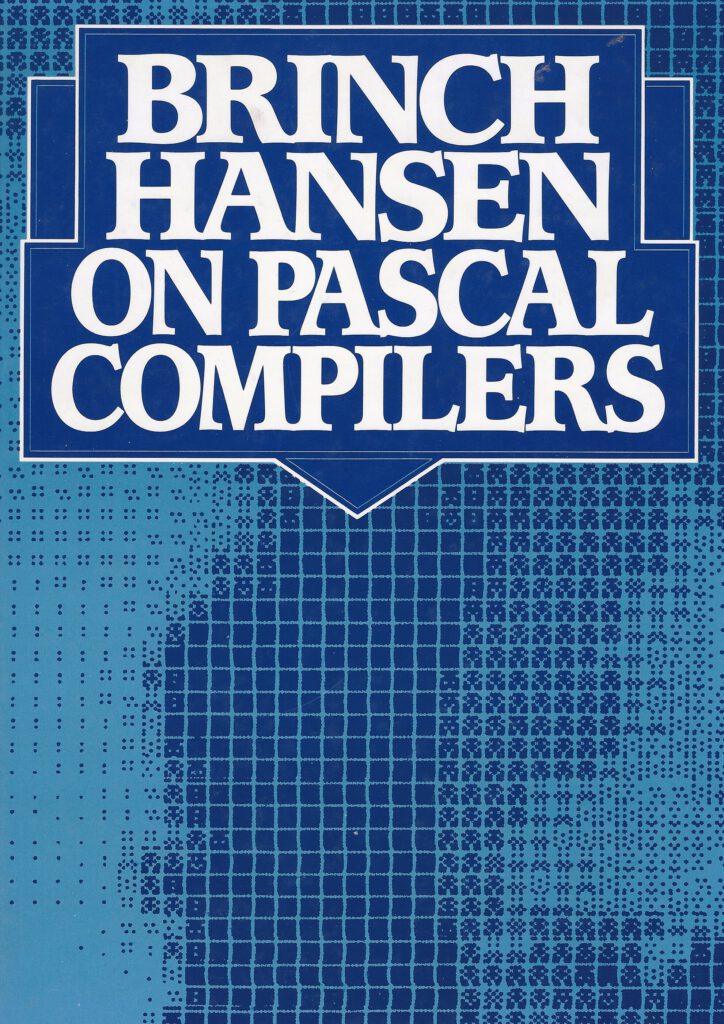I found an archive with the source of the early Lisa Pascal by Silicon Valley Software.
The archive contains images of Lisa disks in dc42 format. In these disk images are the sources (and more) of the Silicon Valley Software Pascal compiler for the Lisa.
Andy McFadden (of Ciderpres fame) analyzed this and found out you can read these disk images on a MacIntosh (10.11or later) with AppleSauce software, as he showed me in the following screenshot:
Now I need the help of a MacIntosh user to extract the source file! Please help me!
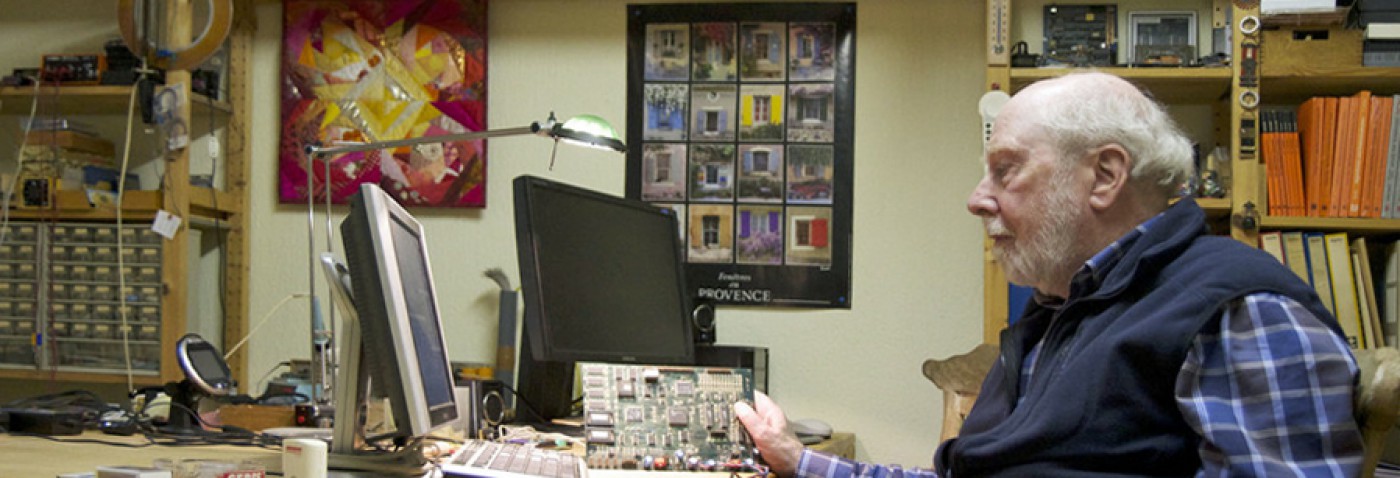



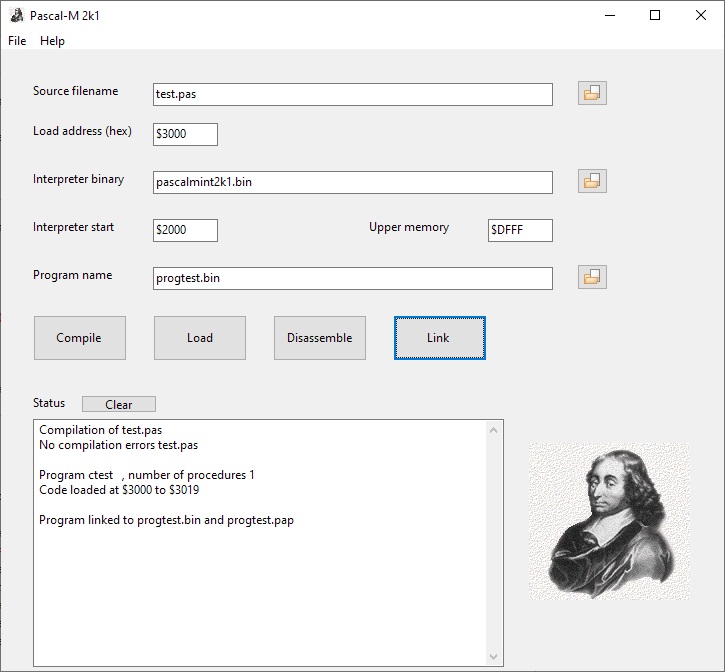 New version of the Pascal-M system, run Pascal programs on the KIM-1.
New version of the Pascal-M system, run Pascal programs on the KIM-1.